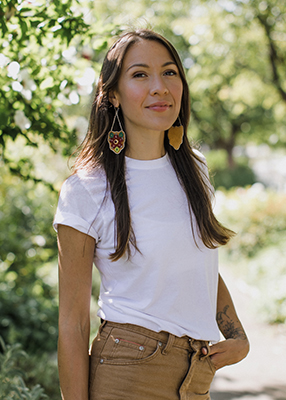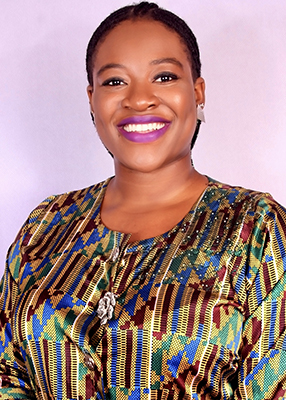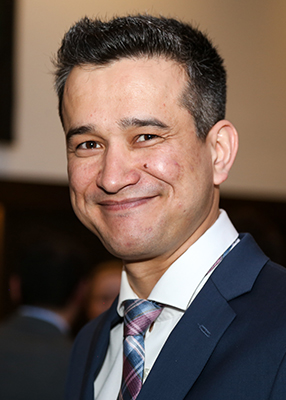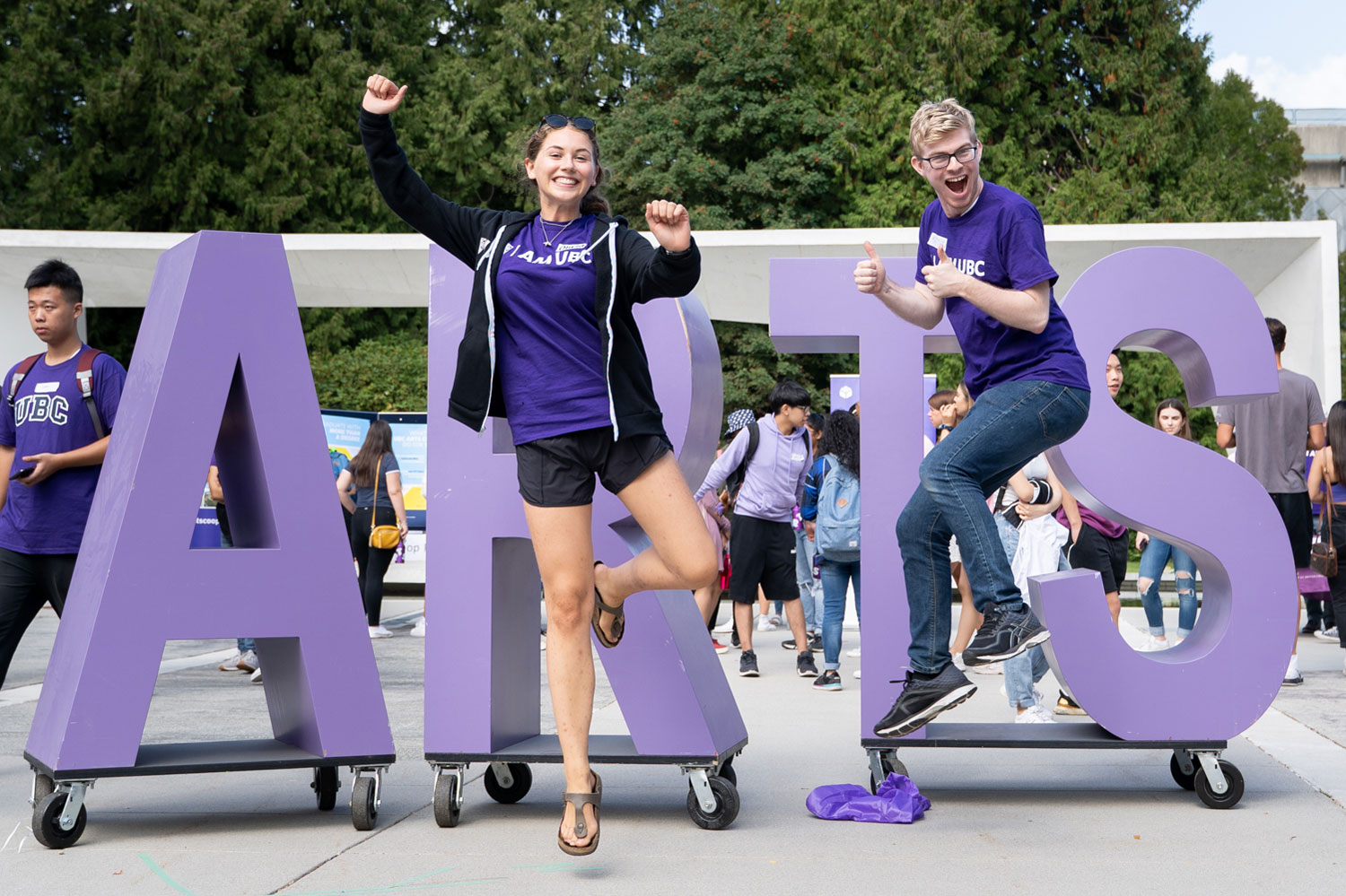With an array of diverse academic disciplines, experiential learning options, and groundbreaking research opportunities, UBC Arts (Vancouver) offers an unparalleled student experience that enables you to shape your own degree and chart your own course.
At UBC, a degree is the academic designation that you will earn upon graduation (e.g. Bachelor of Arts). Your degree will normally include at least one program, where you specialize in an academic discipline either as part of the degree (e.g. Media Studies in the Bachelor of Media Studies) or by choice (e.g. Psychology major in the Bachelor of Arts).
Degree Options
Explore the six undergraduate degree options and nine dual degree options offered within UBC Arts.
Learn about our degree options arrow_right_alt
Program Options
Tailor your degree to your interests. Browse over 90 undergraduate program options to find academic disciplines in which to specialize.
Explore our programs arrow_right_alt
Degree Planning
View useful resources to help guide you along your academic journey — from entering your first year as an Arts student to receiving your degree.
Plan your degree arrow_right_alt
First-Year Study Options
Start your academic journey in the Bachelor of Arts degree by choosing one of three approaches to your first year of study.
Explore first-year study options arrow_right_alt
Involvement Opportunities
Gain hands-on learning and make an impact through workplace, community engagement, research, and leadership opportunities.
Explore involvement opportunities arrow_right_alt
Featured Alumni
View All Alumni Profilesarrow_right_alt





